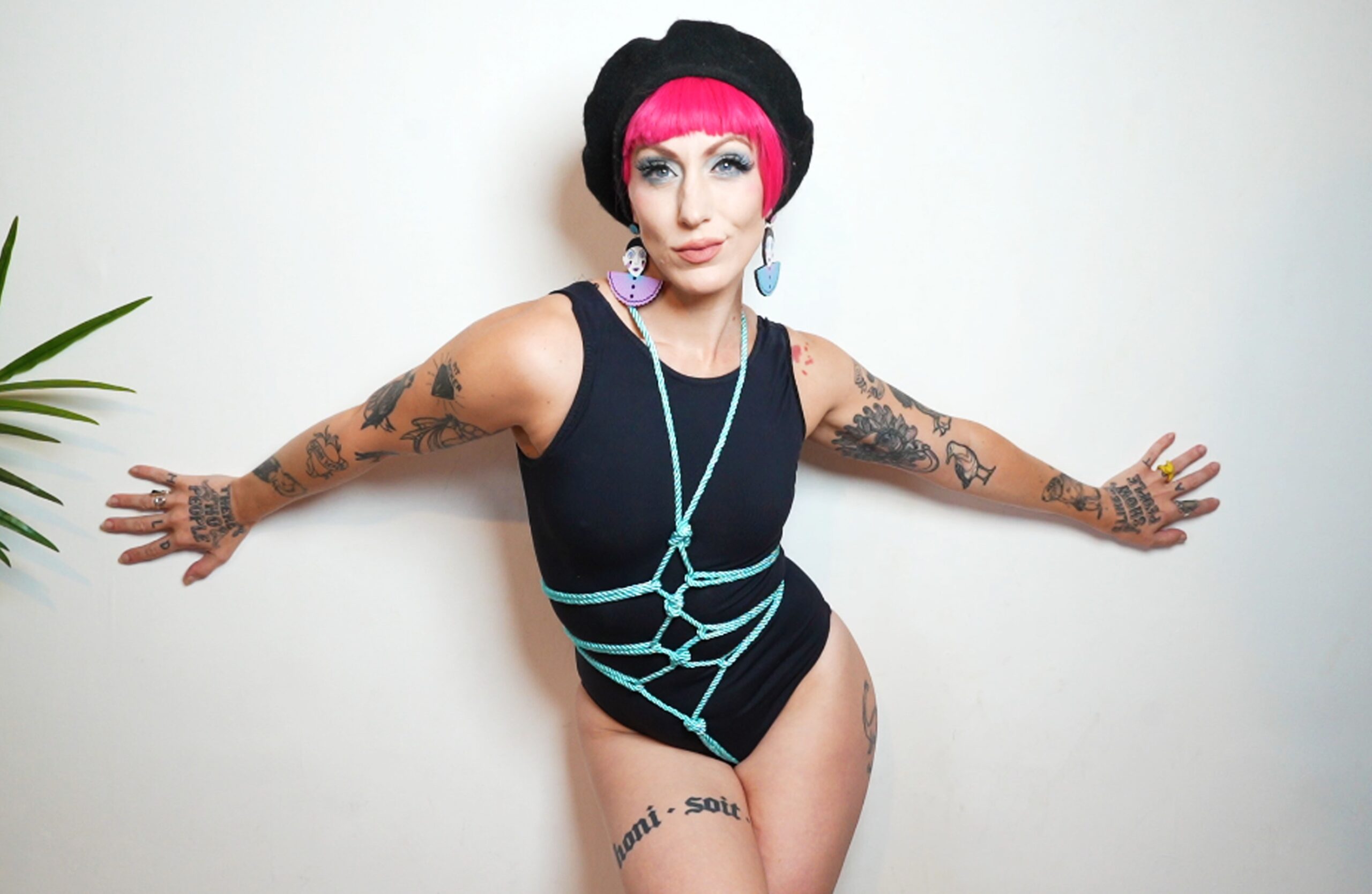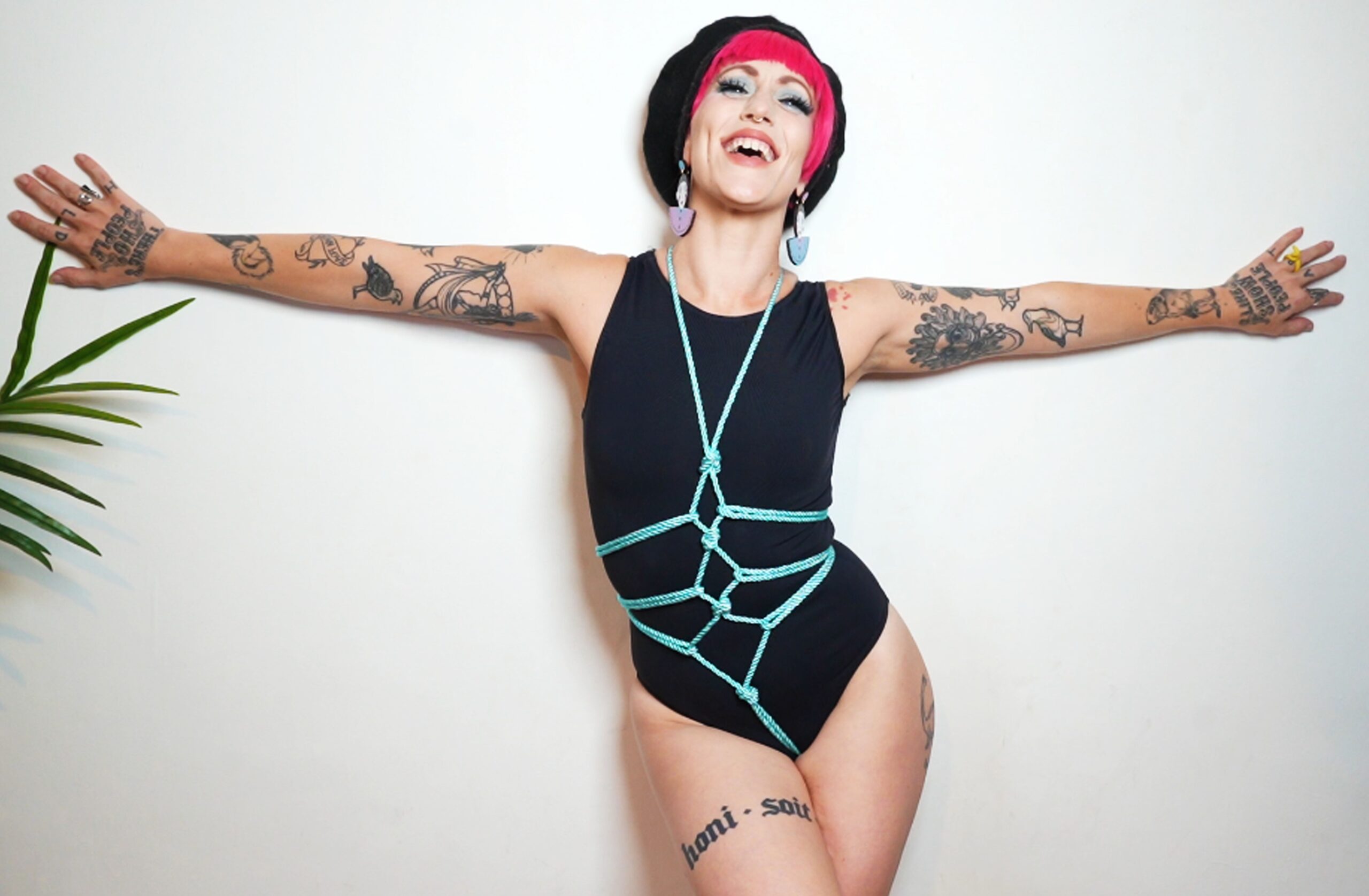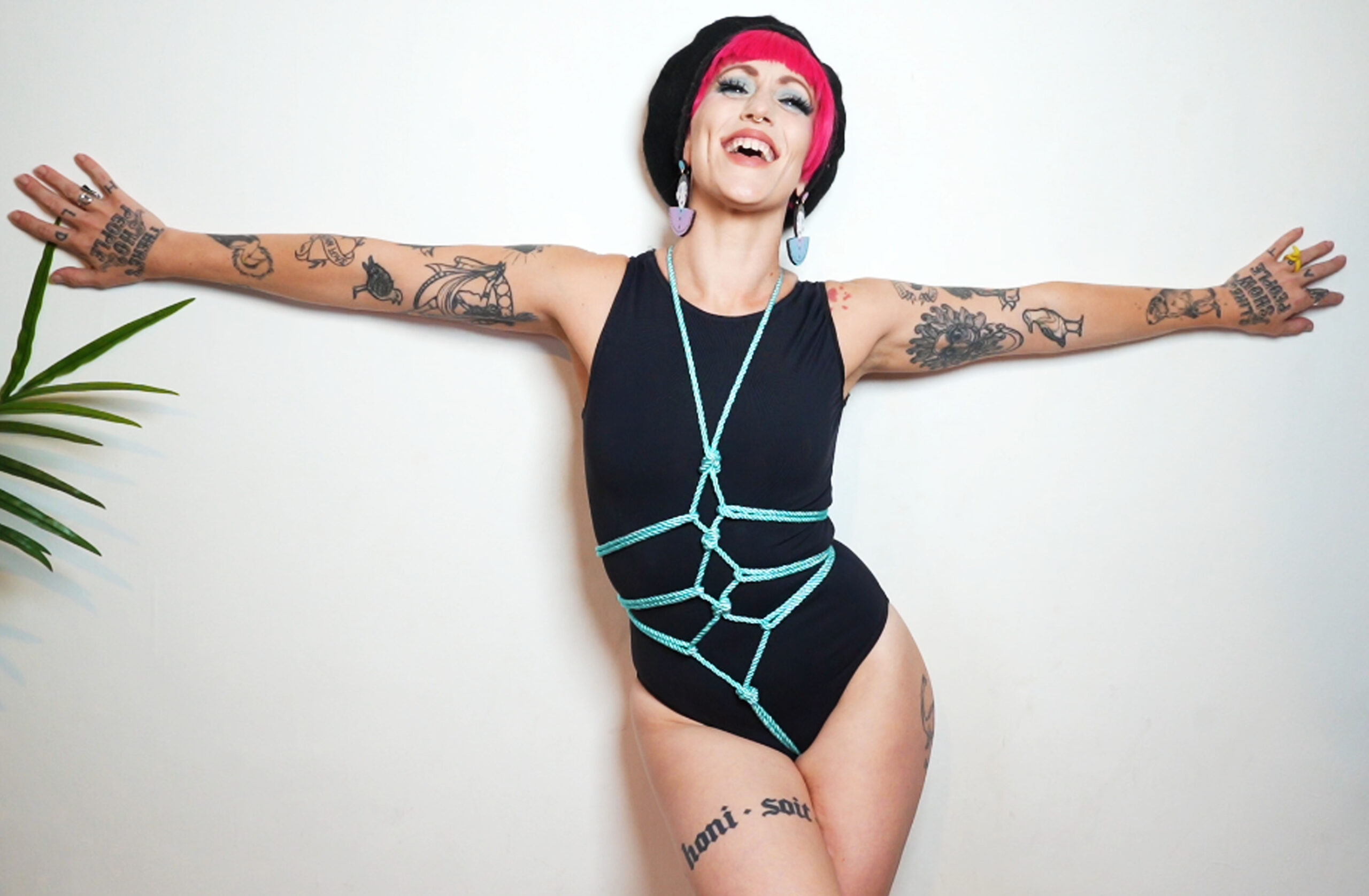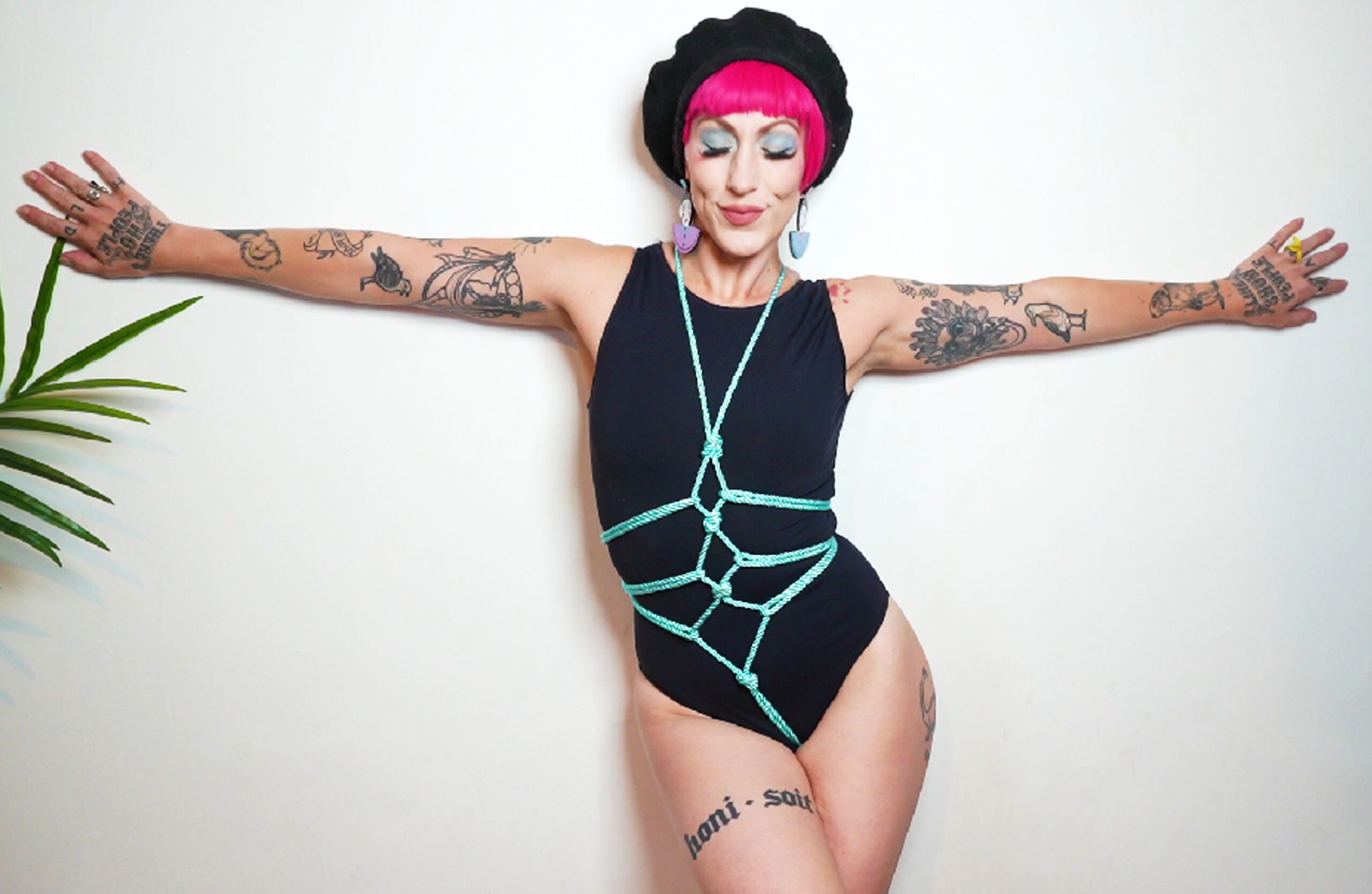Creating Inclusive Communication Channels
A diverse range of relationship models exist, and creating inclusive communication channels is essential for fostering a supportive community that values and respects all relationships. This includes but is not limited to romantic relationships, friendships, familial relationships, and others.
Establishing Clear and Concise Language
Creating inclusive communication channels is essential for fostering a supportive community where diverse relationship models feel valued and respected. This involves being intentional about how we communicate, using language that is clear, concise, and free from assumptions or biases.
This means avoiding jargon or technical terms that might be unfamiliar to individuals who identify outside of the mainstream nuclear family structure, and instead opting for simple, accessible language that everyone can understand.
Effective communication channels also involve actively seeking out diverse perspectives and opinions, creating a space where people feel comfortable sharing their thoughts and experiences without fear of judgment. This can be achieved by implementing regular check-ins, open forums, or focus groups where individuals can share their ideas and insights.
Additionally, it’s crucial to establish clear guidelines and protocols for communication that respect the boundaries and needs of all community members.
By prioritizing inclusive communication channels, organizations can build a supportive environment that encourages collaboration, empathy, and mutual understanding among diverse relationship models. This, in turn, fosters a more resilient and effective community that is better equipped to address the complex challenges faced by its members.

Ultimately, creating an inclusive community requires ongoing effort and commitment from all stakeholders.
This includes being mindful of our language and behavior, actively listening to others, and adapting our communication strategies as needed. By doing so, we can create a safe, welcoming space where everyone feels valued, respected, and empowered to contribute their unique perspective and experience.
By working together towards this goal, organizations can build a stronger, more supportive community that truly represents the diversity of human relationships.
Fostering Active Listening and Empathy

Fostering active listening and empathy is crucial in building a supportive community for diverse relationship models. When individuals feel truly heard and understood, they are more likely to open up and share their experiences, leading to a deeper understanding of the unique challenges and benefits associated with non-traditional relationships. By prioritizing these values, communities can create a safe and inclusive space where people of all backgrounds can thrive and connect with one another.
Encouraging Open-Mindedness and Curiosity
Building a supportive community requires more than just tolerance – it demands empathy and understanding towards diverse relationship models. Active listening is the foundation upon which such communities are built. It involves fully concentrating on what the other person is saying, avoiding interruptions, and asking questions to clarify their perspective. When we listen actively, we show that we value and respect the other person’s thoughts and feelings.
- Empathy is the key to understanding diverse relationship models.
- It enables us to connect with others on a deeper level, fostering a sense of belonging and acceptance.
- Cultivating empathy also encourages open-mindedness and curiosity, helping us to see things from different perspectives.
By encouraging open-mindedness and curiosity, we create an environment where individuals feel comfortable sharing their experiences and ideas. This leads to a more inclusive community where diverse relationship models are valued and respected.
Open communication is also essential in building a supportive community. When we encourage open dialogue, we create a space where everyone feels heard and understood. This can be achieved by asking questions that promote exploration and discovery, rather than simply accepting assumptions or biases.
- Asking open-ended questions fosters critical thinking and encourages individuals to challenge their own assumptions.
- The use of “what”, “how”, and “why” can help to uncover new ideas and perspectives.
- Fostering a sense of curiosity promotes a growth mindset, helping community members to learn from each other and grow together.
By embracing diversity and promoting open-mindedness, empathy, and active listening, we can build a supportive community that values diverse relationship models. This community will be characterized by inclusive dialogue, mutual respect, and a deep understanding of the complexities and nuances of different relationship experiences.
Developing Conflict Resolution Strategies
In today’s increasingly diverse society, building strong relationships that value and respect individual differences is crucial. Conflict resolution strategies are essential in creating a supportive community where people from different relationship models can coexist harmoniously.
Focusing on Understanding and Respect
Developing effective conflict resolution strategies is crucial in building a supportive community, especially when diverse relationship models are involved. Understanding and respect are key elements in resolving conflicts in such communities. Conflict resolution is not just about finding a solution, but also about creating a safe and respectful environment where all members feel heard and valued.
Respectful communication is essential in conflict resolution. It involves listening actively to each other’s perspectives, acknowledging each person’s feelings, and avoiding assumptions or generalizations. By doing so, we can prevent misunderstandings and miscommunications that can escalate conflicts. Respect also implies being open-minded and non-judgmental, allowing individuals to express their thoughts and opinions without fear of criticism or rejection.
Understanding is another critical aspect of conflict resolution in a diverse community. It requires empathy and the ability to see things from each other’s point of view. By understanding the root causes of conflicts, we can address them more effectively and find solutions that work for everyone. This involves recognizing cultural differences, power dynamics, and individual experiences that may impact relationships and interactions.

Empathy-based conflict resolution strategies focus on building connections and fostering a sense of community. They prioritize collaboration over competition, encouraging individuals to work together towards common goals. By doing so, conflicts can be resolved in a way that benefits everyone involved, rather than just one person or group.
Providing Accessible Resources and Support
In today’s diverse society, individuals have various relationship models that bring unique needs and challenges. Building a supportive community that caters to these differences can foster inclusivity, acceptance, and growth. A supportive community provides accessible resources and support tailored to specific relationship models, allowing its members to thrive without fear of judgment or exclusion.
Offering Diverse Representation and Opportunities
Providing accessible resources and support is essential for building a supportive community that includes diverse relationship models. This involves creating a welcoming environment where individuals from different backgrounds can feel comfortable sharing their experiences and receiving help when needed.
Accessible resources can take many forms, including online forums, social media groups, and in-person support meetings. For example, a community may create a private Facebook group for members to connect with each other, share advice, and access resources such as articles, videos, and podcasts.
Offering diverse representation is also crucial for building a supportive community. This can involve creating opportunities for individuals from underrepresented groups to take on leadership roles or participate in decision-making processes. For example, a community may establish a mentorship program that pairs individuals with different relationship models with experienced leaders who can provide guidance and support.
Additionally, communities should strive to offer diverse representation through their programming and events. This can involve hosting panels, workshops, and conferences that feature speakers from different relationship models, as well as providing opportunities for members to share their experiences and perspectives.

By providing accessible resources and support, offering diverse representation and opportunities, communities can create a safe and inclusive environment where individuals from all walks of life feel valued and supported. This, in turn, can help to build stronger relationships, foster a sense of belonging, and promote social change.
Encouraging Feedback and Continuous Improvement
In building a supportive community, fostering an environment where diverse relationship models feel heard and valued is crucial. Feedback plays a vital role in this process, as it enables individuals to share their experiences and receive constructive input from others.
Embracing Diversity and Inclusion Metrics
Building a supportive community for diverse relationship models requires creating an environment where individuals feel valued, heard, and empowered to grow. This can be achieved by fostering a culture that encourages open communication, empathy, and inclusivity.

Embracing diversity and inclusion metrics is crucial in assessing the effectiveness of such initiatives.
- Establishing clear guidelines for inclusive language and behavior
- Providing regular training sessions on unconscious bias and microaggressions
- Fostering a sense of belonging among underrepresented groups through targeted initiatives
- Creating safe spaces for individuals to share their experiences and concerns
A supportive community also relies on continuous feedback mechanisms, which enable individuals to identify areas for improvement and suggest positive changes.
- Solicit regular feedback from members of the community through anonymous surveys or focus groups
- Establish a clear process for addressing concerns and complaints
- Foster a growth mindset by recognizing and rewarding progress towards inclusivity goals
- Develop metrics to track progress towards diversity and inclusion targets, such as increased representation in leadership positions or improved customer satisfaction ratings
By embracing diversity, inclusion, and continuous improvement, organizations can build a supportive community that values and celebrates diverse relationship models.
Explore cheap dildos for budget-friendly fun at Peaches and Screams Buy sensual whips at Peaches and Screams Shop Hot products for heated pleasure at Peaches and Screams Shop premium hand-blown glass toys for elegant and luxurious play at Peaches and Screams Shop premium male condoms at Peaches and Screams Buy cockrings with butt plugs for dual pleasure at Peaches and Screams
Your Relationship Edge Your Relationship Edge Melissa Neufeld
- Why Do I Have Jelly Like Mucus In My Nose? - November 9, 2025
- What Is The Best Non-Surgical Facelift For Jowls UK? - November 8, 2025
- What Are The Best CBD Gummies For Boosting Mood And Energy? - November 6, 2025

